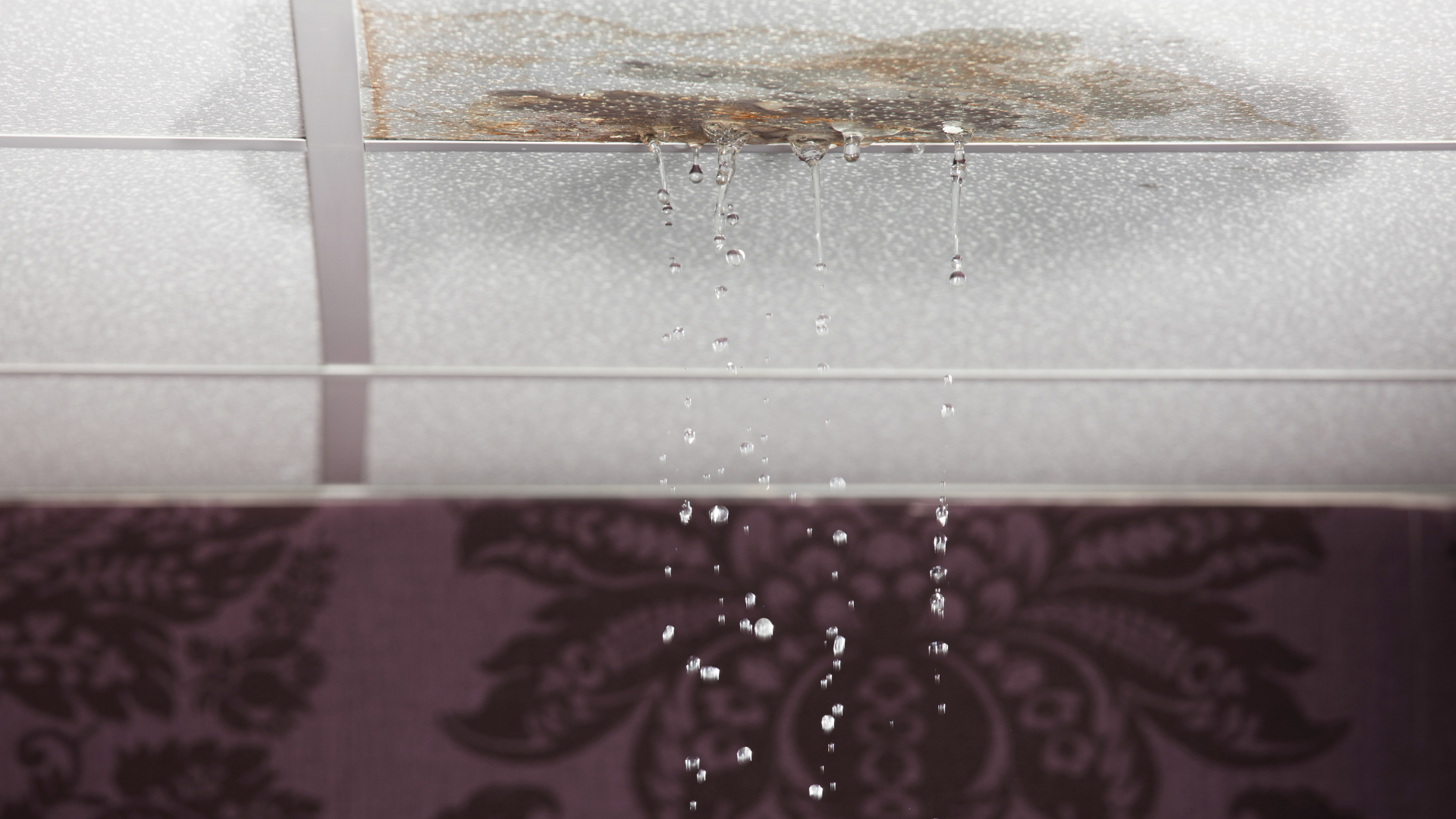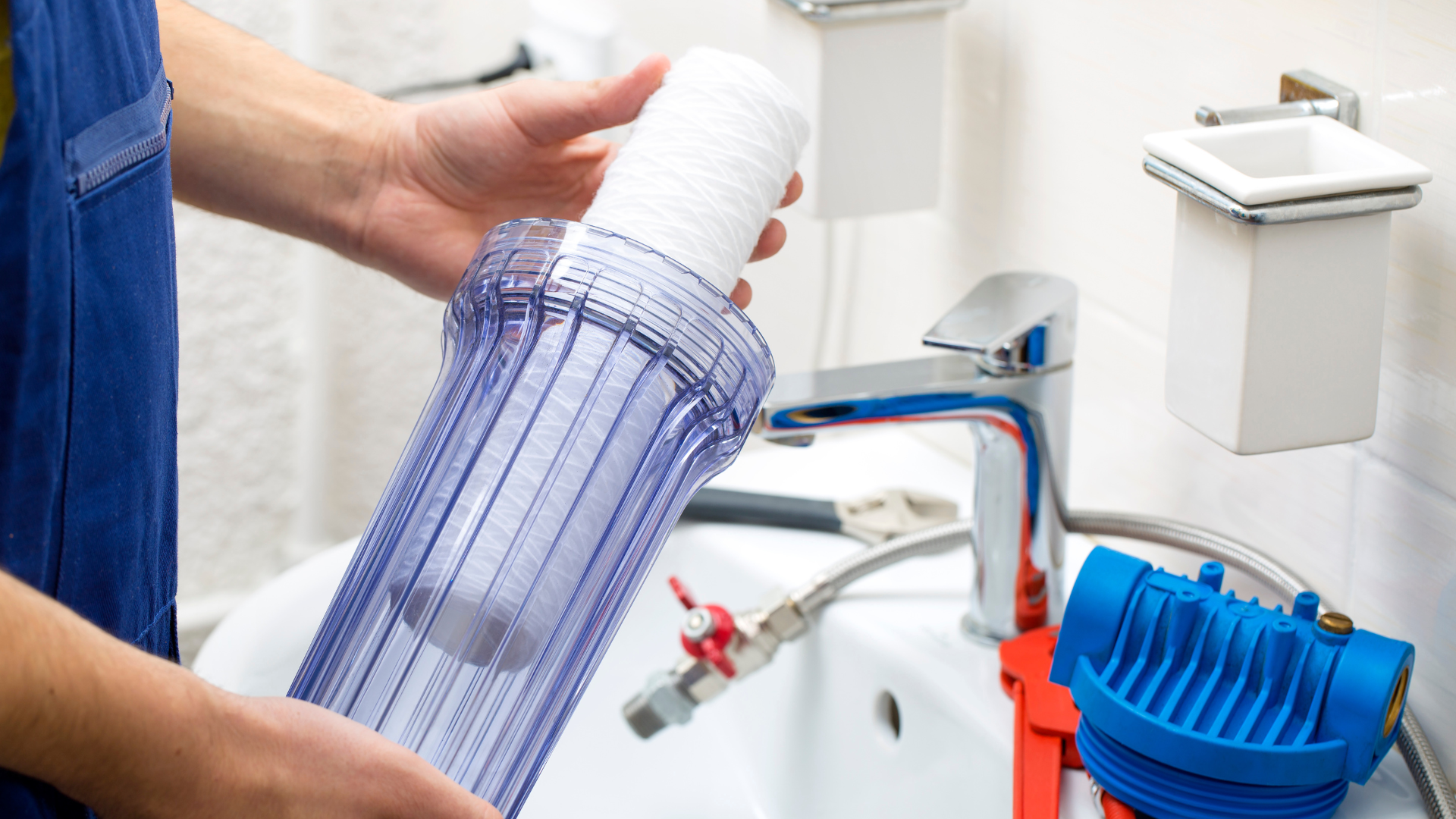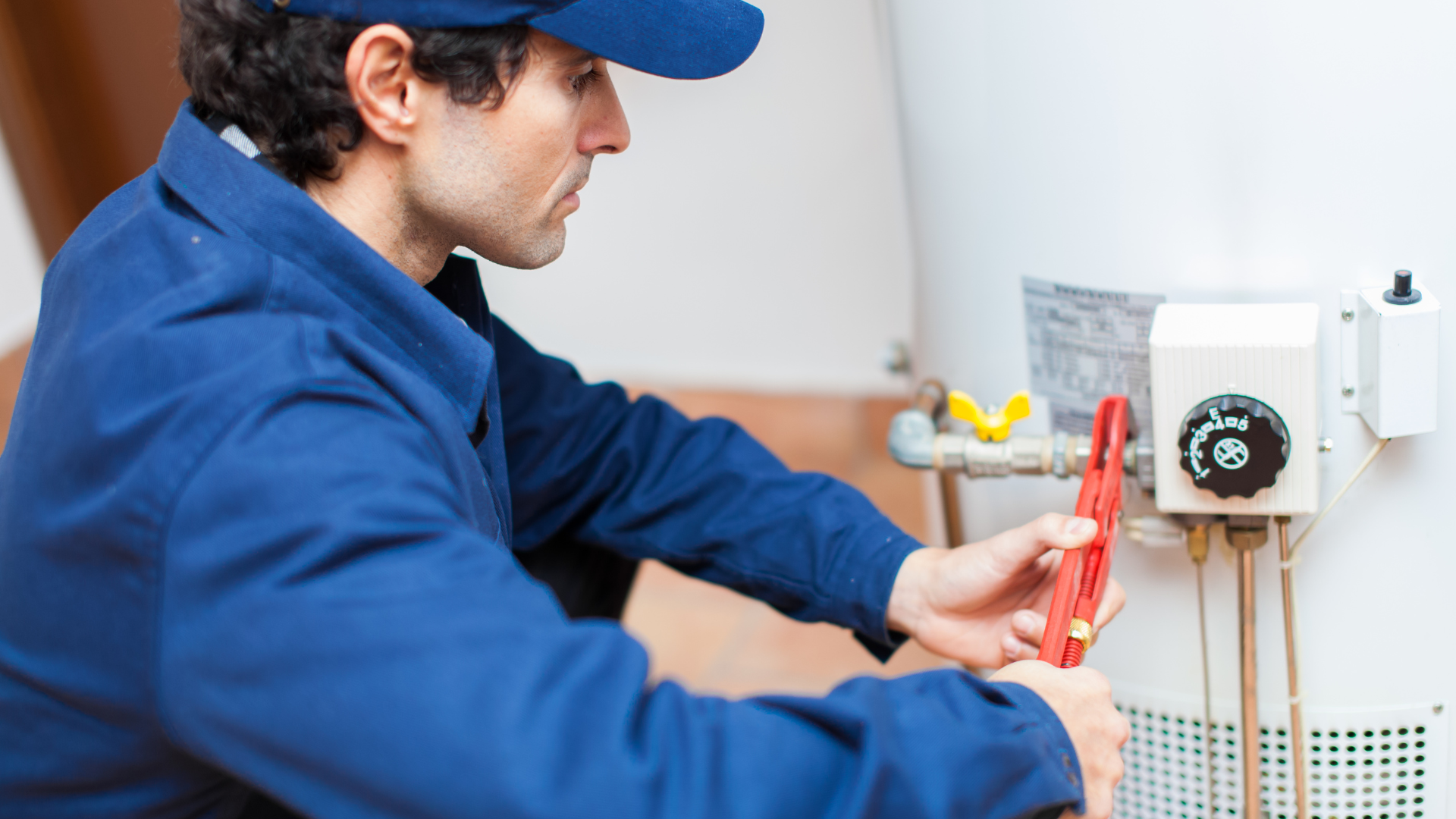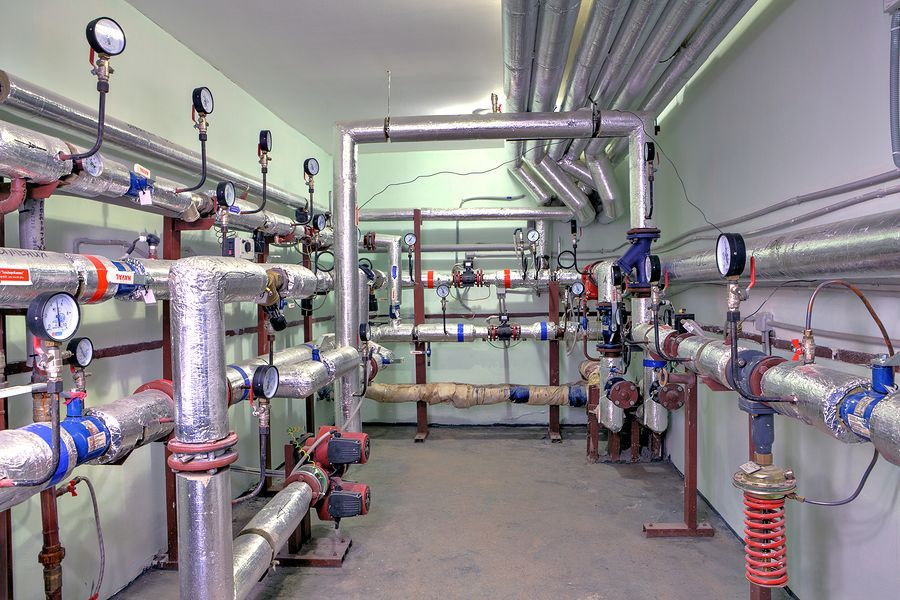Leak Detection in Residential Homes: A Comprehensive Guide to Preventing Water Damage
Water leaks are one of the most common yet costly issues homeowners face. Not only do they lead to potential structural damage, but they can also increase your utility bills, lead to mold growth, and create hazardous living conditions. This article will provide a comprehensive guide to leak detection in residential homes, explaining the importance of early detection, common causes of leaks, and how to identify signs of water damage early.

The Importance of Leak Detection in Homes
Water leaks can start small but cause massive damage if not addressed promptly. Over time, even a minor leak can lead to serious structural issues, like weakened foundations, rotting wood, and ruined insulation. In addition to the structural damage, water leaks are a significant factor in escalating energy bills. Leaks in your water system or even your roof can cause the heating and cooling systems to work harder, resulting in unnecessary costs.
Leak detection is crucial because identifying and repairing leaks early can save homeowners substantial amounts in repairs and utility expenses. Early detection prevents long-term damage, preserving the home's integrity and maintaining a healthy living environment.
Common Causes of Water Leaks in Residential Homes
Water leaks in homes can stem from various sources. Some of the most common causes include:
- Plumbing Issues: Old or damaged pipes, burst hoses, and leaking faucets are frequent culprits. These issues may go unnoticed if the leaks are minor, but they can lead to significant water waste over time.
- Roof Leaks: Damaged roofing materials, cracked shingles, or improperly sealed flashing can cause water to seep through the roof, especially during heavy rain.
- Basement Leaks: Poor drainage systems, cracks in the foundation, or faulty sump pumps can cause water to pool in basements, leading to dampness and mold growth.
- Appliance Leaks: Dishwashers, washing machines, and water heaters are often the source of hidden leaks. Over time, seals and hoses may degrade, allowing water to escape unnoticed.
Understanding these common causes is the first step toward effective leak detection.
How to Detect Water Leaks Early
Detecting water leaks early is essential in preventing extensive damage. Here are some tips for identifying leaks:
- Watch Your Water Bill: A sudden increase in water usage without a corresponding change in your daily habits is a clear indicator of a water leak. If your water bill spikes unexpectedly, it's worth investigating.
- Check for Visible Water Damage: Look for water stains on walls, ceilings, and floors. Discoloration, peeling paint, or dampness are all signs that water may be leaking from somewhere. Keep an eye on areas prone to leaks, such as basements, attics, and near plumbing fixtures.
- Use Your Water Meter: A simple method for detecting leaks involves turning off all faucets and appliances that use water and checking the water meter. If the meter still moves, you likely have a leak.
- Check Your Appliances: Regularly inspect your appliances, such as the water heater, washing machine, and dishwasher, for any signs of leakage. If any of these appliances are leaking, it may be time for a repair or replacement.
- Inspect the Roof and Gutters: After a heavy rainstorm, check your attic for signs of leaks. If your roof has been damaged or your gutters are clogged, it can cause water to seep into your home.
- Professional Leak Detection Services: For hard-to-find leaks or leaks behind walls, ceilings, or under the floor, it may be necessary to call a professional leak detection service. These experts use specialized equipment, like thermal cameras and moisture meters, to detect leaks that are otherwise invisible to the naked eye.
Preventing Water Leaks in Your Home
While leak detection is important, prevention is always better than cure. Here are some tips to help you prevent leaks from occurring in the first place:
- Regular Plumbing Maintenance: Hire a professional plumber to inspect your home's plumbing system regularly. This ensures that pipes, faucets, and hoses are in good condition and won't unexpectedly burst or leak.
- Roof Inspections: Have your roof inspected every few years to ensure it remains in top condition. Replace damaged shingles and re-seal flashing to prevent water infiltration.
- Clean Gutters and Downspouts: Regularly clean your gutters and downspouts to prevent water from overflowing and damaging your roof and foundation.
- Replace Old Appliances: If your appliances are old or showing signs of wear and tear, consider replacing them to avoid leaks. For instance, replace rubber hoses on dishwashers and washing machines to prevent cracks and leaks.
Water leaks can have significant consequences for residential homes. Early leak detection not only prevents costly damage but also helps save on utility bills and maintains a healthy living environment. By regularly inspecting plumbing, appliances, roofs, and foundations, you can spot leaks before they cause major problems. Should you find yourself unable to detect a leak or if it is in a difficult-to-reach location, hiring a professional leak detection service is always a wise investment. Don't wait for the problem to worsen—acting fast is key to preserving your home and your peace of mind. If you're concerned about potential water leaks in your home, don’t wait for the damage to worsen. Contact a trusted leak detection service today to ensure your home remains safe, dry, and damage-free.




